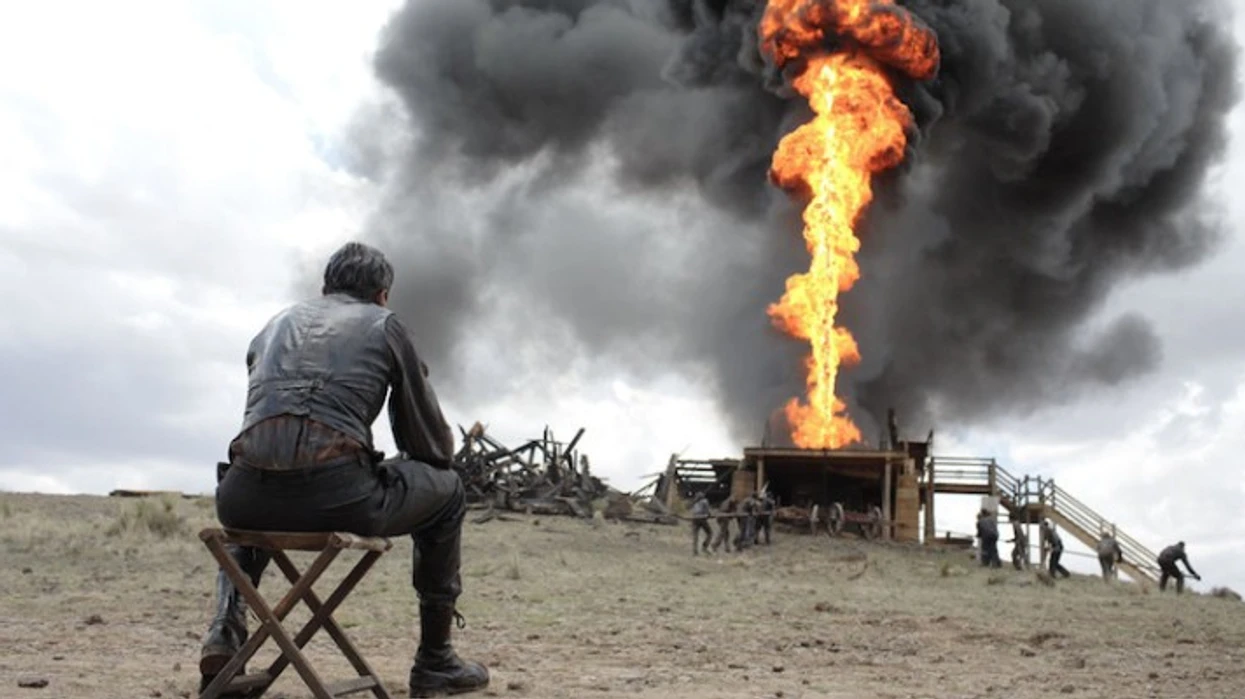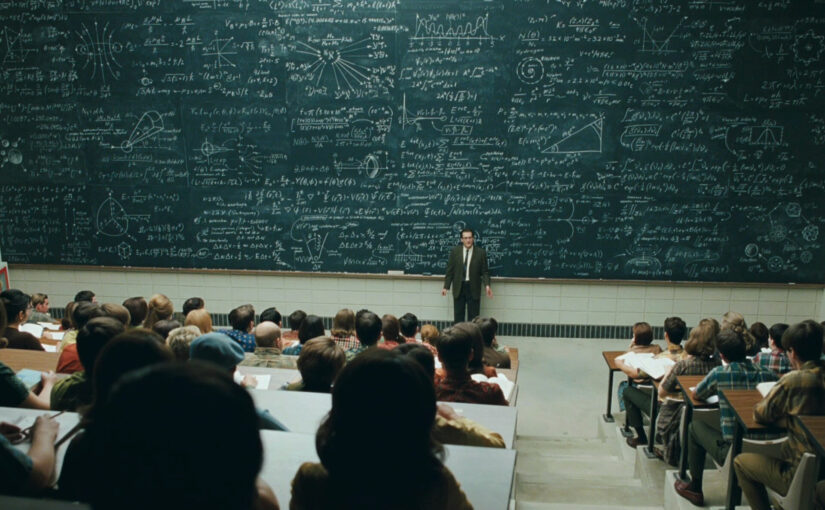-
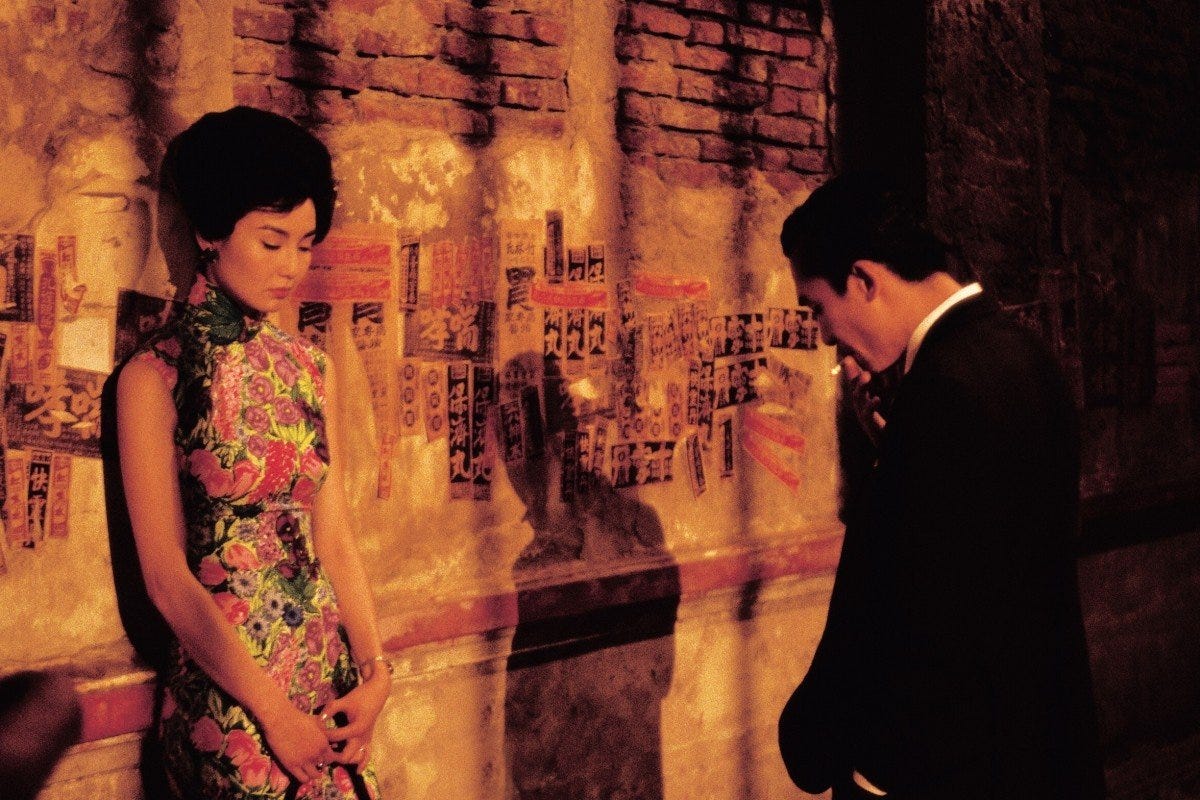
The Best Films of the 2000s Decade
The greatest films of the 2000s, from the Korean New Wave to the resurgence of the fantasy genre.
-
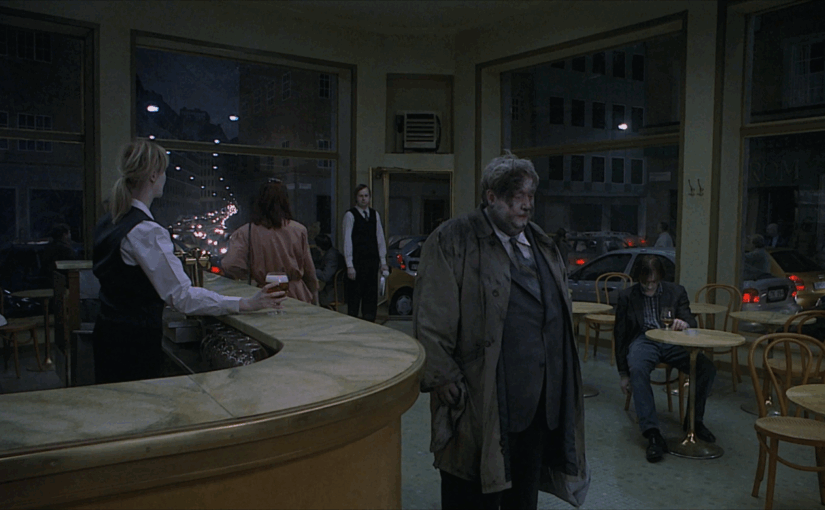
Songs from the Second Floor (2000)
No single image in Songs from the Second Floor reveals the full scope of eternal traffic jams, nonsense bureaucracy, and apocalyptic senselessness that this city has descended into, but as Roy Andersson’s painterly tableaux come together with deadpan melancholy, so too does his landscape of surreal, urban decay take absurdist form.
-
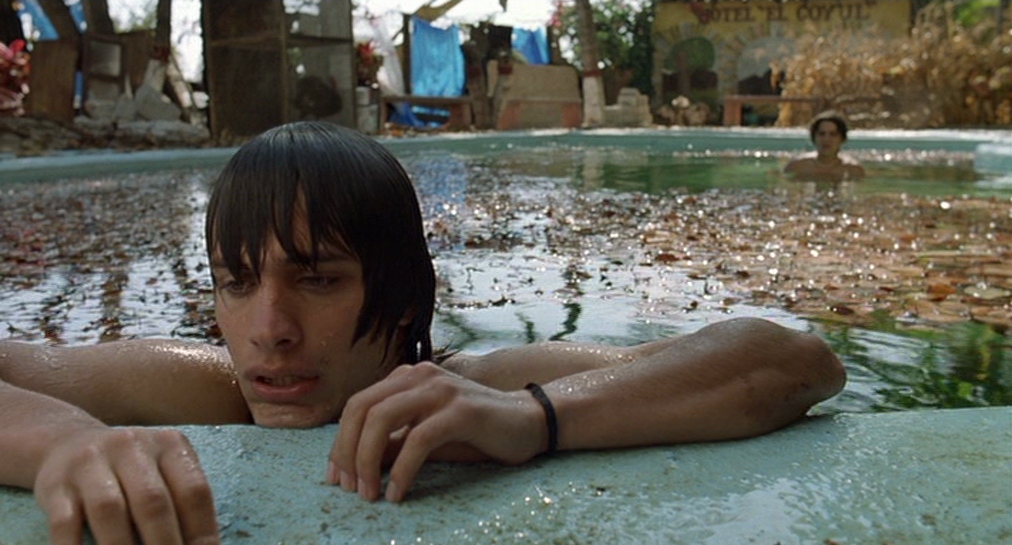
Y Tu Mamá También (2001)
We glimpse many stories of modern Mexico in the periphery of Y Tu Mamá También, but Alfonso Cuarón’s modest coming-of-age drama proves to be just as integral to its national identity as any of those brief diversions, weaving a textured landscape of poverty, celebration, and sex from a road trip between two young men seeking…
-
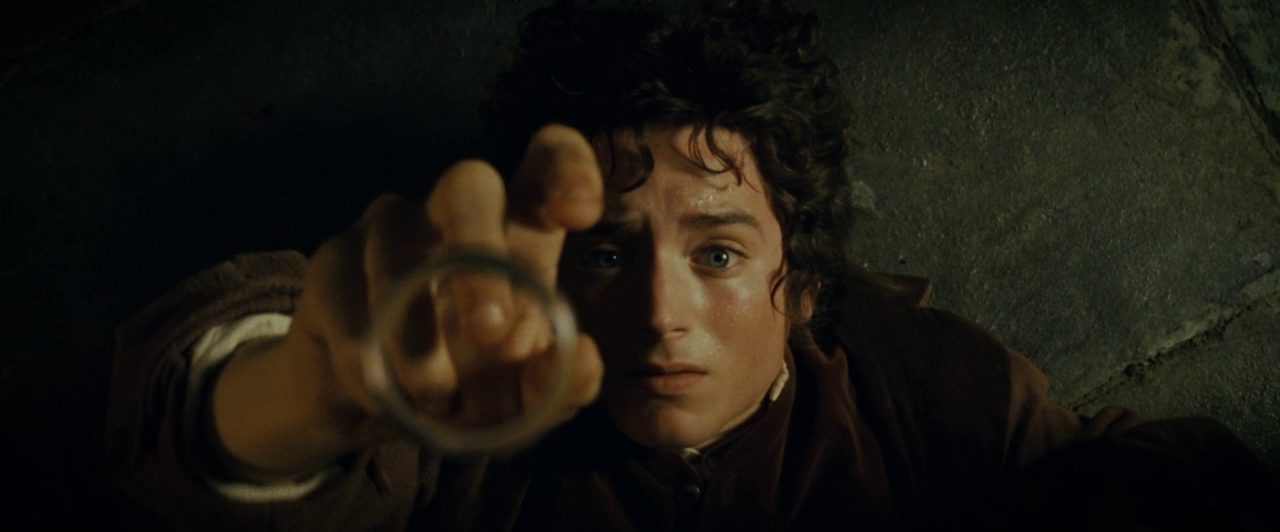
The Lord of the Rings (2001-03)
Through Peter Jackson’s extraordinary adaptation of J.R.R. Tolkien’s grand fantasy epic, we appreciate Middle Earth as one of the richest fictional worlds of literary history, imbuing The Lord of the Rings with a breathtaking cinematic awe that centres the smallest, unconventional heroes in a battle against forces of great spiritual corruption.
-
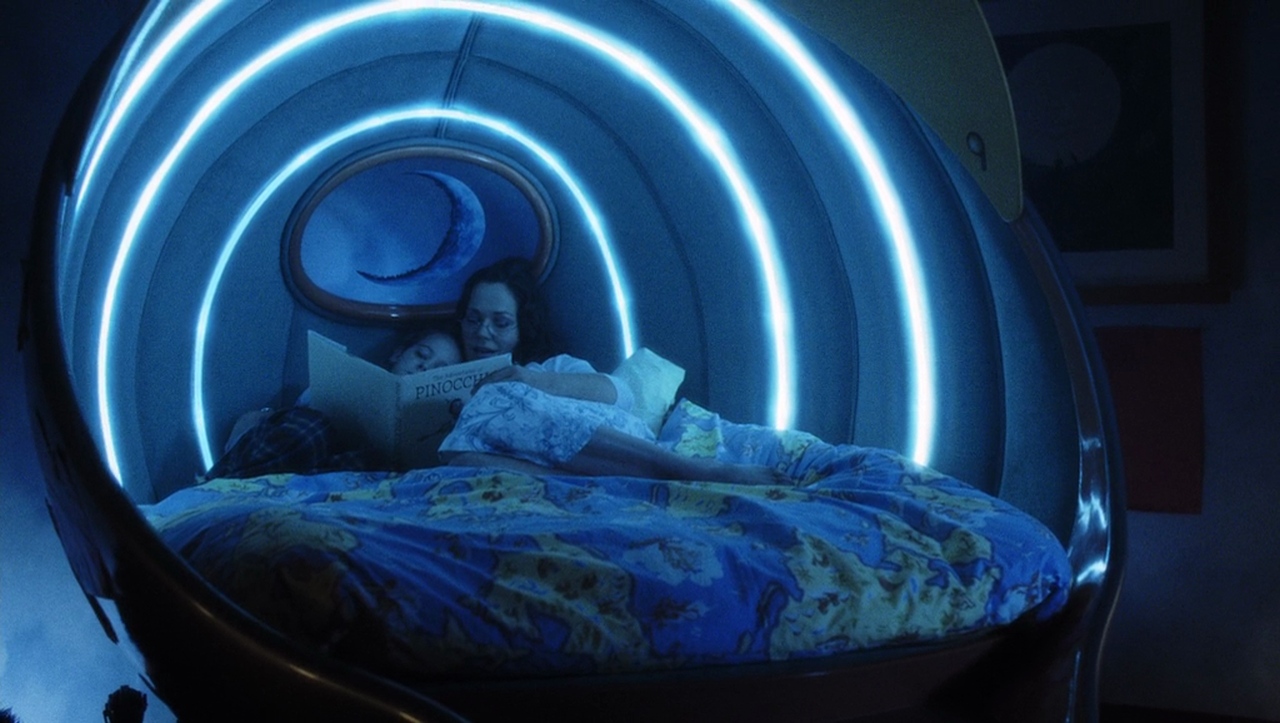
A.I. Artificial Intelligence (2001)
It is one thing to have the emotional capacity to love, Steven Spielberg posits in the heartrending sci-fi fable of A.I. Artificial Intelligence, yet only by feeling the warmth of that unconditional love in return can one experience the full joy of being human, as one robotic child discovers on his journey through futuristic landscapes…
-
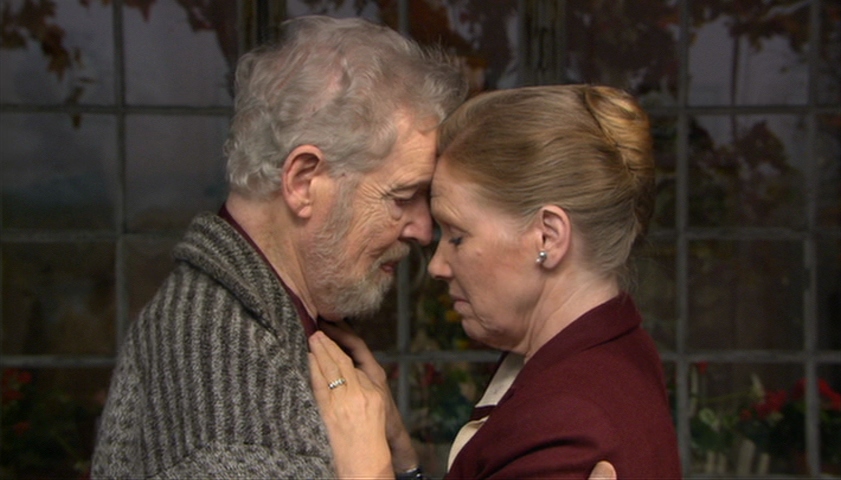
Saraband (2003)
Ingmar Bergman’s contemplations of regret and old age in Saraband are far more grounded in his firsthand experiences than ever before, as his final film reunites the ex-lovers from Scenes from a Marriage to consider the echoes of family trauma throughout generations, and finds a soothing, spiritual peace in the act of reminiscence.

